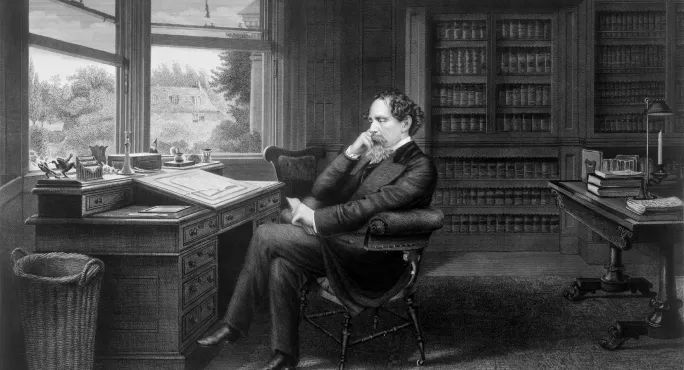We are so mired in the absurdities of the current accountability regime that too often we fail to see just how bizarre they are and how educationally counter-productive they are likely to be.
Take Nick Gibb’s beloved SPaG for example and, in particular, the key stage 2 grammar test so convincingly critiqued last week by Emily Gazzard. Ideally, we need an extraterrestrial uncontaminated by current orthodoxies and ideologically neutral to document for us the deleterious effects of this absurd test. In his or her absence we need to make do with the insights of another “outsider” - this time from a 19th-century observer.
As ever, or almost as ever, Dickens got it right when he commented on the grammar teaching of his day (and unfortunately ours?). In this passage from Dombey and Son read “Nick Gibb” for “Dr Blinker”, “compliant primary teacher” for “Mr Feeder”, and “primary-age children” for “young gentlemen”:
“It was Mr Feeder’s occupation to bewilder the ideas of Dr Blinker’s young gentleman. The young gentlemen were prematurely full of carking anxieties. They knew no rest from the pursuit of stony-hearted verbs, savage noun-subjunctives, inflexibly syntactic passages, and ghosts of exercises that appeared to them in their dreams. Under the forcing system a young gentleman usually took leave of his spirits in three weeks. He had all the cares of the world on his head in three months. He conceived bitter sentiments against his parents or guardians in four; he was an old misanthrope in five…and at the end of the first twelvemonth had arrived at the conclusion, from which he never after departed, that all the fancies of the poets, and lessons of the sages, were a mere collection words and grammar, and had no other meaning in the world.”
Back to the future?




